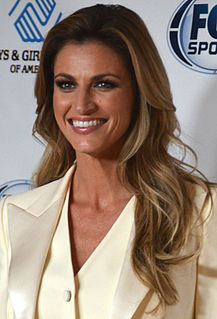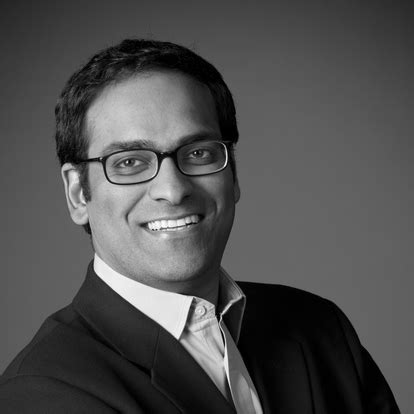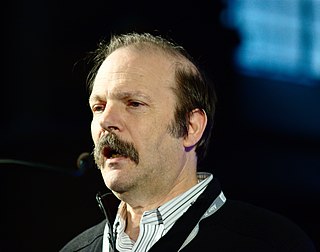A Quote by Orson Scott Card
This is how humans are: We question all our beliefs, except for the ones that we really believe in, and those we never think to question.
Related Quotes
We have really, really good-looking men who work for our network, and that's never brought into question. Our men dress very well, and look fantastic in a suit, and not once is that ever talked about. I can be called out on the Internet or in newspapers for asking a question, but if a male asked the same question, it would never be a topic.
Therefore, this is a question of whether we, humans, can change our culture and begin to truly care for all Creation, nurture all Life and thereby avert our own extinction. As such, this is a deeply spiritual issue and we can begin to act today, regardless of age. But the good news is that this is not a question of whether we will change our culture, but a question of when.
How prone we are to come to the consideration of every question with heads and hearts pre-occupied! How prone to shrink from any opinion, however reasonable, if it be opposed to any, however unreasonable, of our own! How disposed are we to judge, in anger, those who call upon us to think, and encourage us to enquire! To question our prejudices seems nothing less than sacrilege; to break the chains of our ignorance, nothing short of impiety!
I think morality is more important than ever before. As we gain more power, the question of what we do with it becomes more and more crucial, and we are very close to really having divine powers of creation and destruction. The future of the entire ecological system and the future of the whole of life is really now in our hands. And what to do with it is an ethical question and also a scientific question.
I certainly believe we all suffer damage, one way or another. How could we not,except in a world of perfect parents, siblings, neighbours, companions? And then there is the question on which so much depends, of how we react to the damage: whether we admit it or repress it,and how this affects our dealings with others.Some admit the damage, and try to mitigate it;some spend their lives trying to help others who are damaged; and there are those whose main concern is to avoid further damage to themselves, at whatever cost. And those are the ones who are ruthless, and the ones to be careful of.
The question of truth is really a question of memory, deep memory, for it deals with something prior to ourselves and can succeed in uniting us in a way that transcends our petty and limited individual consciousness. It is a question about the origin of all that is, in whose light we can glimpse the goal and thus the meaning of our common path.






































